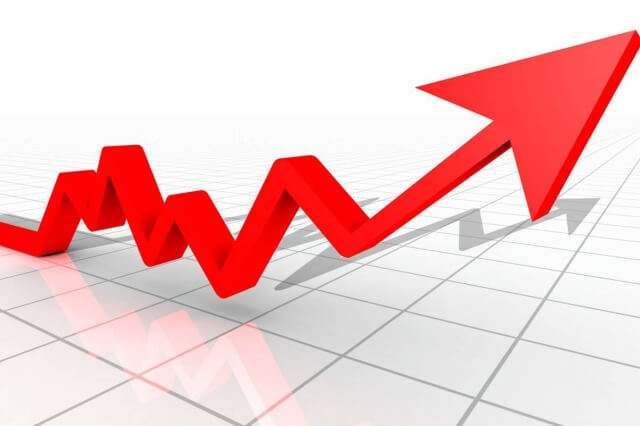The economic contraction of 6.1 per cent which was recorded in the second quarter of this year may likely be the lowest growth to be recorded by the Nigerian economy, finance and economic experts have said.
The negative Gross Domestic Product rate of 6.1 per cent ended the three year trend of low but positive real growth rates recorded since the 2016 and 2017 recession.
Advertisement
The decline was largely attributable to significantly lower levels of both domestic and international economic activity during the quarter, which resulted from nationwide shutdown efforts aimed at containing the COVID-19 pandemic.
The domestic efforts ranged from initial restrictions of human and vehicular movement implemented in only a few states to a nationwide curfew, bans on domestic and international travel, closure of schools and markets etc., affecting both local and international trade.
Overall, only 13 activities recorded positive real growth compared to 30 in the preceding quarter.
Reacting to the development, the Global Chief Economist at Renaissance Capital, Charlie Robertson, in a Tweet on Monday said that despite drop in oil prices,the current GDP Growth rate outperformed most developed market economy.
Advertisement
He said this signifies a positive standpoint for Sub-Saharan Africa economies.
“Even oil dependent Nigeria which because of the oil price plunge should be hit worse than many in Africa has outperformed most developed market economies in 2Q20. Positive signal for other SSA economies
In his reaction, the Chairman of the Chartered Institute of Bankers of Nigeria Abuja Chapter, Prof Uche Uwaleke said the negative growth in real GDP recorded during the second quarter of this year was expected.
He said the negative growth rate appears to be in line with global expectations based on similar trends recently experienced in countries like United Kingdom and Japan.
He said, “I am also not surprised about the huge size of the contraction put at 6.10 per cent. As a matter of fact, because it is based on year-on-year, when one considers the 2.12 per cent positive real GDP growth this same period last year, the decline in GDP comes to as high as 8.22 per cent,
Advertisement
“It is easy to see why this happened. The negative impact of COVID-19 on health which resulted in lockdowns and supply chain disruptions, the collapse in crude oil price and reduction in output in compliance with OPEC + agreement, the illiquidity in the forex market and the lingering insecurity in the country which affected agriculture output are to blame.
“This explains why the Agriculture sector managed to eke out a growth rate of 1.58 per cent, and manufacturing, trade and so many other sectors recorded negative growth.”
Uwaleke who is also the President of the Association of Capital Market Academics of Nigeria said the lockdown and movement restrictions really affected the Accommodation and food services sector which declined by as much as 40 per cent.
“I think this is going to be the worst this year. A negative real GDP growth is also most likely to be recorded in Q3 2020 but the size will be smaller as the economy gets restarted and crude oil price gradually picks up,” he added.
To ensure, the impact of these economic headwinds are moderated, the University Don said it is important to increase the size of the various interventions by the government and the CBN and ensure they are well targeted and implemented.



